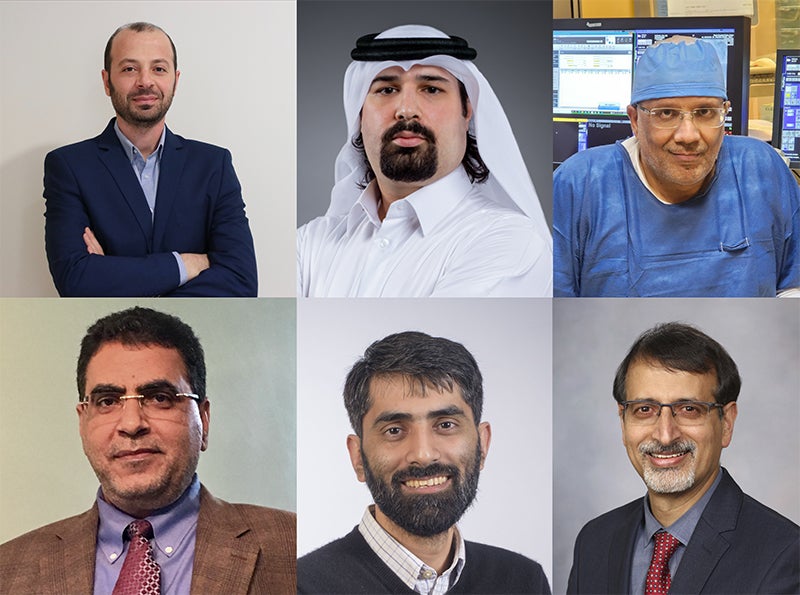Team collaborated with Mohamed Bin Zayed University of Artificial Intelligence, Oxford University, and Saarland University

Researchers from Hamad Bin Khalifa University’s (HBKU) Qatar Computing Research Institute (QCRI) published a joint paper reflecting on the state of artificial intelligence in Royal Society Open Science, a renowned science- and mathematics-focused journal.
QCRI’s participants in this project were Dr. Sanjay Chawla, Research Director, Data Analytics; Dr. Ting Yu, Research Director, Cybersecurity; Dr. Ahmed Ali, Principal Engineer; Dr. Issa Khalil, Principal Scientist; Dr. Xiaosong Ma, Principal Scientist; and Dr. Husrev Taha Sencar, Principal Scientist. They partnered with fellow experts from Mohamed Bin Zayed University of Artificial Intelligence, Oxford University, and Saarland University on the project, which offered a holistic perspective on Artificial Intelligence (AI) in the last decade - a period marked by rapid development in the field.
Titled “Ten years after ImageNet: a 360° perspective on artificial intelligence,” the two-part paper marked the tenth anniversary of the launch of AlexNet, a convolutional neural network that introduced the use of graphics processing units to deep learning technology while achieving an incredible success rate in the 2012 ImageNet Large Scale Visual Recognition Challenge. The team’s research included an overview of the current state of AI, outlined prevailing trends in this field of research, and expert reflections on the many socio-technical issues surrounding this technology.
“Interest and investment in AI research has expanded exponentially in the last 10 years, resulting in a multitude of applications that have the potential to impact every aspect of our economies. Our collaboration with Mohamed Bin Zayed University, Oxford University, and Saarland University embodies QCRI’s commitment to continuity and synchronized team collaboration for leading scientific research to meet globally growing needs," said Dr. Ahmed K Elmagarmid, Executive Director, HBKU’s QCRI.







